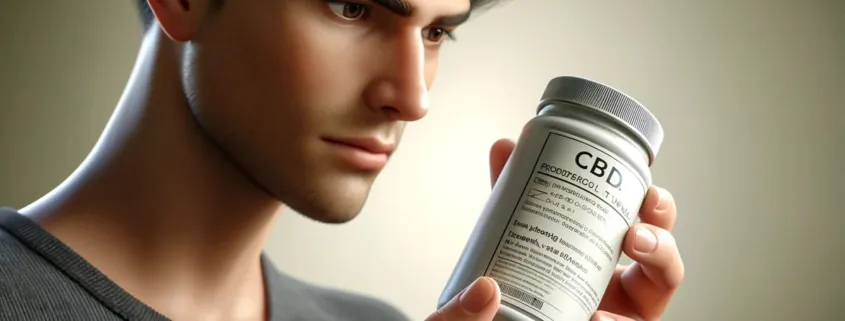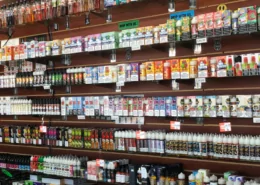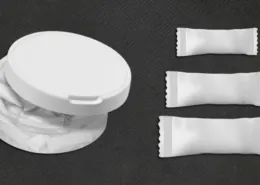Guide to Read CBD Labels: Finding Quality Products
Cannabidiol (CBD) has gained immense popularity in recent years as a natural remedy for various health concerns, including chronic pain, anxiety, and inflammation. However, navigating the world of CBD products can be overwhelming, especially when it comes to deciphering product labels. In this comprehensive guide, we’ll walk you through the essential elements of a CBD label, helping you make informed decisions and find high-quality products that meet your needs.
CBD vs. THC and Hemp vs. Marijuana
Before diving into the intricacies of CBD labels, it’s crucial to understand the fundamental differences between CBD and its well-known counterpart, tetrahydrocannabinol (THC), as well as the distinction between hemp and marijuana.
CBD vs. THC
CBD and THC are both cannabinoids found in the cannabis plant, but they have vastly different effects. THC is the psychoactive compound responsible for the “high” associated with marijuana use, while CBD does not produce any intoxicating effects.
Hemp vs. Marijuana
Hemp and marijuana are both cannabis plants, but they differ in their THC content. Hemp plants contain no more than 0.3 percent THC, while marijuana plants have higher levels of THC. CBD can be derived from either hemp or marijuana, but hemp-derived CBD is more widely available due to legal restrictions on marijuana-derived products.
Decoding CBD Product Types
When choosing a CBD product, you’ll encounter three main types: CBD isolate, full-spectrum CBD, and broad-spectrum CBD. Understanding the differences between these product types is essential for selecting the one that best suits your needs .
- CBD Isolate: This is the purest form of CBD, containing only CBD and no other compounds from the cannabis plant. CBD isolate is tasteless and odorless, making it a popular choice for those who prefer a neutral product.
- Full-Spectrum CBD: Full-spectrum products contain all the naturally occurring compounds found in the cannabis plant, including trace amounts of THC (up to 0.3 percent in hemp-derived products). Many people prefer full-spectrum CBD because of the potential “entourage effect,” which suggests that the various compounds work together synergistically to enhance the product’s overall benefits.
- Broad-Spectrum CBD: Broad-spectrum products contain most of the compounds found in the cannabis plant, but they typically have all or nearly all of the THC removed. This option is ideal for those who want the potential benefits of the entourage effect without any THC.
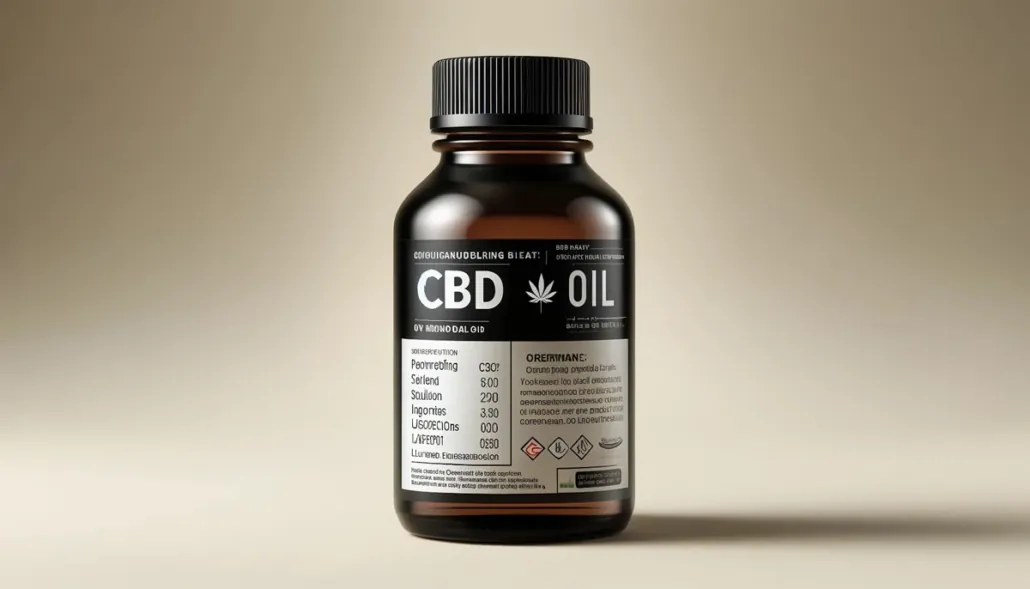
Identifying Key Compounds
In addition to CBD and THC, the cannabis plant contains over 100 other cannabinoids, as well as terpenes and flavonoids. These compounds are believed to have various therapeutic and health-promoting properties.
Cannabinoids, such as cannabidiolic acid (CBDA), cannabinol (CBN), cannabigerol (CBG), and cannabichromene (CBC), interact with the body’s endocannabinoid system, which plays a crucial role in regulating the nervous system and immune function.
Terpenes, another class of plant compounds, are responsible for the distinct aromas and flavors of different cannabis strains. They are also reported to have various health benefits.
Flavonoids, compounds also found in green tea and certain fruits, have been shown to have antioxidant and anti-inflammatory properties, which may contribute to the overall benefits of CBD products.
Ensuring Product Quality
One of the most critical aspects of choosing a high-quality CBD product is verifying that it has undergone third-party testing and has a corresponding certificate of analysis (COA). A COA is a document issued by an independent laboratory that confirms the product’s contents and purity.
When reviewing a COA, look for the following key factors:
Labeling Accuracy
Compare the CBD and THC concentrations listed on the COA with those stated on the product label. Inconsistencies between the two may indicate a lack of transparency or quality control.
Cannabinoid Profile
If you’re purchasing a full-spectrum or broad-spectrum product, the COA should list the various cannabinoids present, such as CBDA, CBN, CBG, and CBC.
Contaminant Analysis
A comprehensive COA will also include test results for potential contaminants, such as heavy metals and pesticides. Ensure that the product has passed these tests and that any detected contaminants are within safe limits.
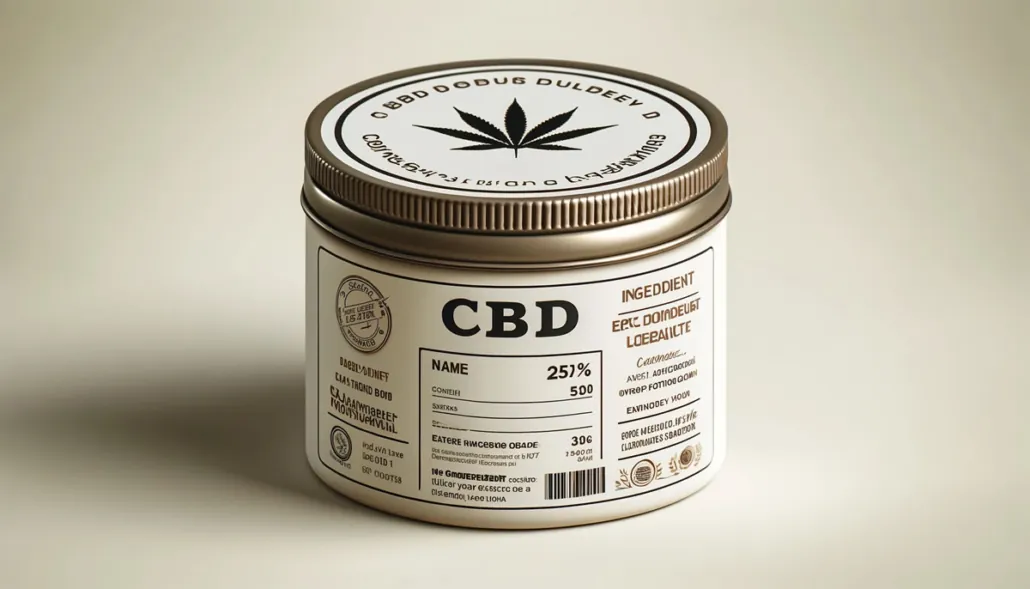
Serving Size and Concentration
CBD product labels can be confusing when it comes to determining the amount of CBD per serving. Often, the total CBD content for the entire product is prominently displayed, rather than the amount per serving.
To calculate the CBD concentration per serving, look for the milligrams per milliliter (mg/mL) on CBD oil labels or the milligrams per piece on edible products. For example, a 30mL bottle of CBD oil containing 600mg of CBD would have a concentration of 20mg/mL, while a package of 30 CBD gummies containing 300mg of CBD would provide 10mg per gummy.
In addition to the key factors discussed above, there are several other considerations to keep in mind when evaluating CBD labels and selecting high-quality products. By taking a comprehensive approach to CBD product selection, you can ensure that you’re making informed decisions and maximizing the potential benefits of this popular natural remedy.
Investigating the Source
The quality of the hemp used to create CBD products can have a significant impact on the final product’s purity, potency, and overall effectiveness. When evaluating CBD labels, look for information about the hemp source, including:
- Country of Origin: Hemp grown in countries with strict agricultural regulations, such as the United States or European Union, is more likely to be of higher quality and free from contaminants.
- Organic Certification: CBD products made from organic hemp are less likely to contain pesticides, heavy metals, or other harmful substances that can compromise the product’s safety and efficacy.
- Sustainable Growing Practices: Reputable CBD brands often prioritize sustainable and eco-friendly growing practices, such as using natural pest control methods and minimizing water consumption.
Carrier Oils and Additional Ingredients
CBD oils and other products often include carrier oils to help stabilize and preserve the CBD, as well as enhance its absorption in the body. Common carrier oils include:
- MCT oil (usually derived from coconut oil)
- Hemp seed oil
- Olive oil
- Grapeseed oil
When reviewing CBD labels, ensure that you’re not allergic to any of the listed ingredients and that the product doesn’t contain any unnecessary additives or fillers.
Optimal CBD Dosage
Determining the ideal CBD dosage can be a challenge, as it varies depending on factors such as body weight, individual body chemistry, and the specific condition being addressed. While there are no universally accepted dosage guidelines, there are some general recommendations to consider:
- Start with a low dose (e.g., 5-10mg) and gradually increase until you achieve the desired effects.
- Consult with a healthcare professional experienced in CBD use for personalized dosage advice.
- Keep a CBD journal to track your dosage, effects, and any side effects you may experience.
The Role of Terpenes
Terpenes not only contribute to the distinctive aromas and flavors of different CBD products but may also offer additional therapeutic benefits. Some common terpenes found in CBD products include:
- Myrcene: Known for its earthy, musky aroma, myrcene is reported to have sedative and muscle-relaxant properties.
- Limonene: With a citrusy scent, limonene is associated with mood-elevating and stress-reducing effects.
- Linalool: Found in lavender and other floral scents, linalool is believed to have calming and anxiety-reducing properties.
When choosing a CBD product, consider the terpene profile and how it may contribute to your desired outcomes.
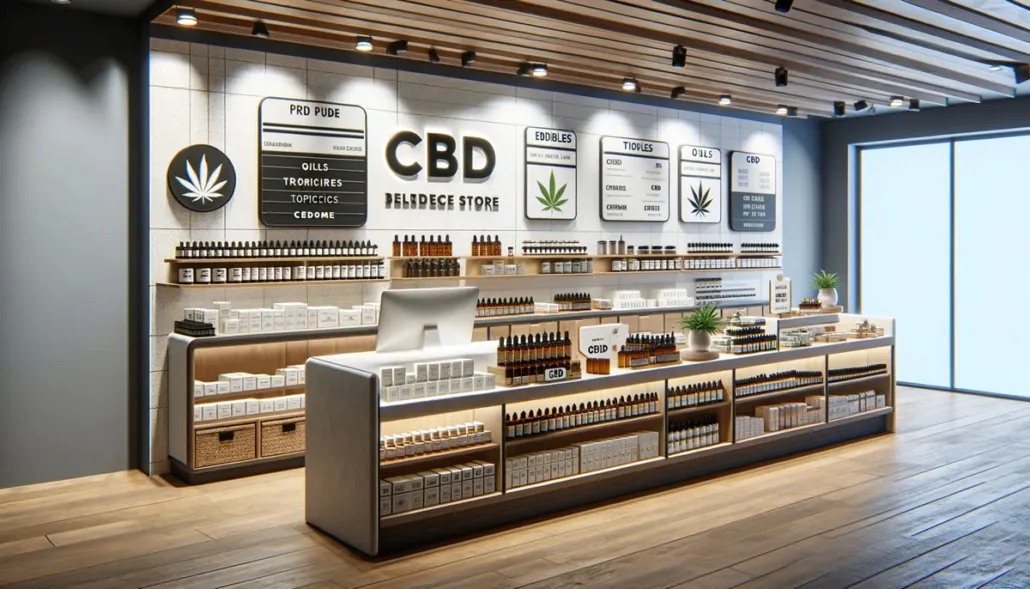
Where to Buy Reputable CBD Products
When purchasing CBD products, it’s essential to choose reputable sources to ensure quality and safety. Consider the following options:
- Online retailers that specialize in CBD products and provide third-party test results
- Licensed cannabis dispensaries with knowledgeable staff
- Trusted compounding pharmacies that stock CBD products
- Recommendations from healthcare professionals familiar with CBD
Remember, while CBD is widely available online, some platforms, such as Amazon, prohibit the sale of CBD products. Be cautious of retailers making bold claims about their products or those that do not provide third-party test results.
Potential Side Effects, Interactions, and Safety Considerations
Although CBD is generally considered safe, it can cause side effects in some individuals, including fatigue, diarrhea, changes in appetite, and changes in weight . It’s always best to consult with a healthcare professional before starting a CBD regimen, especially if you are taking any medications, as CBD may interact with certain prescription drugs, over-the-counter medications, and dietary supplements.
Additionally, a recent study conducted on mice suggests that extremely high doses of CBD may cause liver toxicity or injury. However, more research is needed to determine the relevance of these findings for human consumption.
Conclusion
By understanding the key elements of CBD labels and knowing what to look for when shopping for CBD products, you can make informed decisions and find high-quality options that meet your specific needs. Remember to prioritize products that have undergone third-party testing, provide transparent labeling, and come from reputable sources.
As with any new supplement or natural remedy, it’s essential to approach CBD use with caution and consult with a healthcare professional to ensure safety and effectiveness. By staying informed and diligent in your product selection, you can harness the potential benefits of CBD while minimizing the risk of adverse effects or interactions.
Risks and Legality: It’s also important to be aware of potential risks associated with CBD use, such as drowsiness, dry mouth, and interactions with medications. Additionally, the legal landscape surrounding CBD varies by region. Always check local regulations before using CBD products.
Disclaimer: Please note that the information provided in this article is for educational purposes only and does not constitute medical advice. Always consult with a healthcare professional before using CBD products, especially if you have any underlying health conditions or are taking medications.
- Best Delta-8 THC Carts of 2025: Top 5 Vapes Reviewed - July 16, 2025
- UK Vape Ban: Your Guide to Legal Alternatives in 2025 - July 4, 2025
- The Global and U.S. Vaping Industry in 2025: Growth, Challenges, and Opportunities - May 27, 2025

